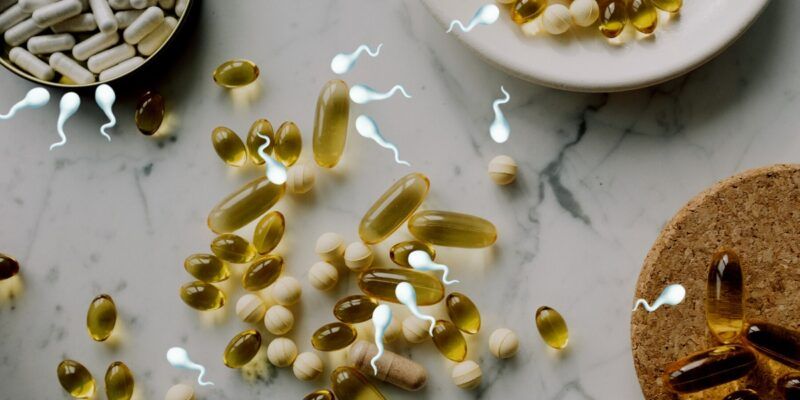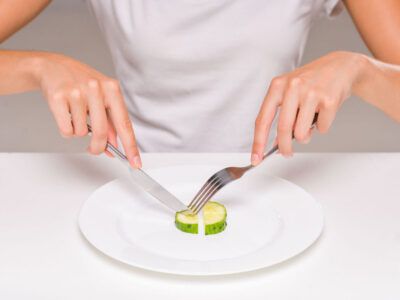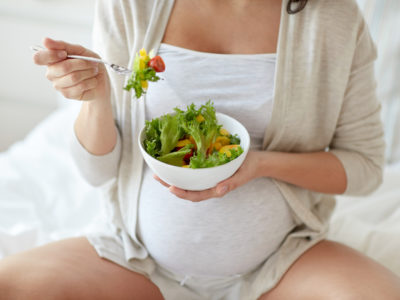Infertility, defined as the inability to conceive a child despite regular, unprotected intercourse, affects millions of couples around the world. While numerous factors can contribute to infertility, including hormonal imbalances, reproductive disorders, and lifestyle choices, recent research has sparked interest in exploring the role of supplementation as a potential treatment avenue. This article delves into the science behind supplementation and its potential to help treat infertility.
Understanding Infertility
Infertility can be a complex and emotionally challenging condition that impacts both men and women. It can stem from various factors, such as ovulation disorders, low sperm count, structural abnormalities in the reproductive organs, and hormonal imbalances. Lifestyle factors like stress, poor diet, and environmental toxins can also play a role in infertility.
Supplementation and Nutritional Deficiencies
Nutrition plays a critical role in overall health and well-being, including reproductive health. Some studies suggest that certain vitamins, minerals, and other nutrients may influence fertility by affecting hormone production, egg and sperm quality, and overall reproductive function. While supplementation from brands like Pure Encapsulations from Supplement First should never be a substitute for a balanced diet, it may help address nutritional deficiencies that could contribute to infertility.
Key Nutrients for Fertility
- Folic Acid: Folic acid is known for its importance during pregnancy, but it also plays a role in male and female fertility. Adequate folic acid intake has been linked to improved ovulation and sperm quality.
- Vitamin D: Vitamin D deficiency has been associated with various reproductive issues, including polycystic ovary syndrome (PCOS) and reduced sperm quality.
- Omega-3 Fatty Acids: These essential fats may help regulate reproductive hormones and improve the function of the female reproductive system.
- Antioxidants: Antioxidants, such as vitamin C and E, may help protect eggs and sperm from oxidative stress, potentially enhancing their quality.
- Zinc: Zinc is crucial for both male and female reproductive systems, affecting hormone levels and supporting healthy egg and sperm development. You can get them through supplements like energetix from Supplement First or a healthy diet.
Research and Evidence
While promising, it’s important to note that the research on the direct impact of supplementation on treating infertility is still evolving. Some studies have shown positive effects, while others have yielded inconclusive results. Furthermore, individual responses to supplementation can vary widely.
For instance, a study published in the “Journal of Human Reproductive Sciences” suggested that antioxidant supplementation might improve semen quality in men with infertility. Similarly, research published in the “American Journal of Obstetrics and Gynecology” indicated that folic acid supplementation could help improve fertility in women with ovulatory disorders.
Consulting a Medical Professional
Before embarking on any supplementation regimen to address infertility, it’s essential to consult a qualified medical professional. They can assess your specific situation, recommend appropriate tests to identify any underlying nutritional deficiencies or health conditions, and guide you on safe and effective supplementation practices.
Wrapping It Up
Supplementation shows promise as a potential adjunctive approach to treating infertility by addressing nutritional deficiencies that may contribute to reproductive health. But before you use any supplements, make sure you speak with your doctor to get recommendations on what supplements work best for you.













Comments